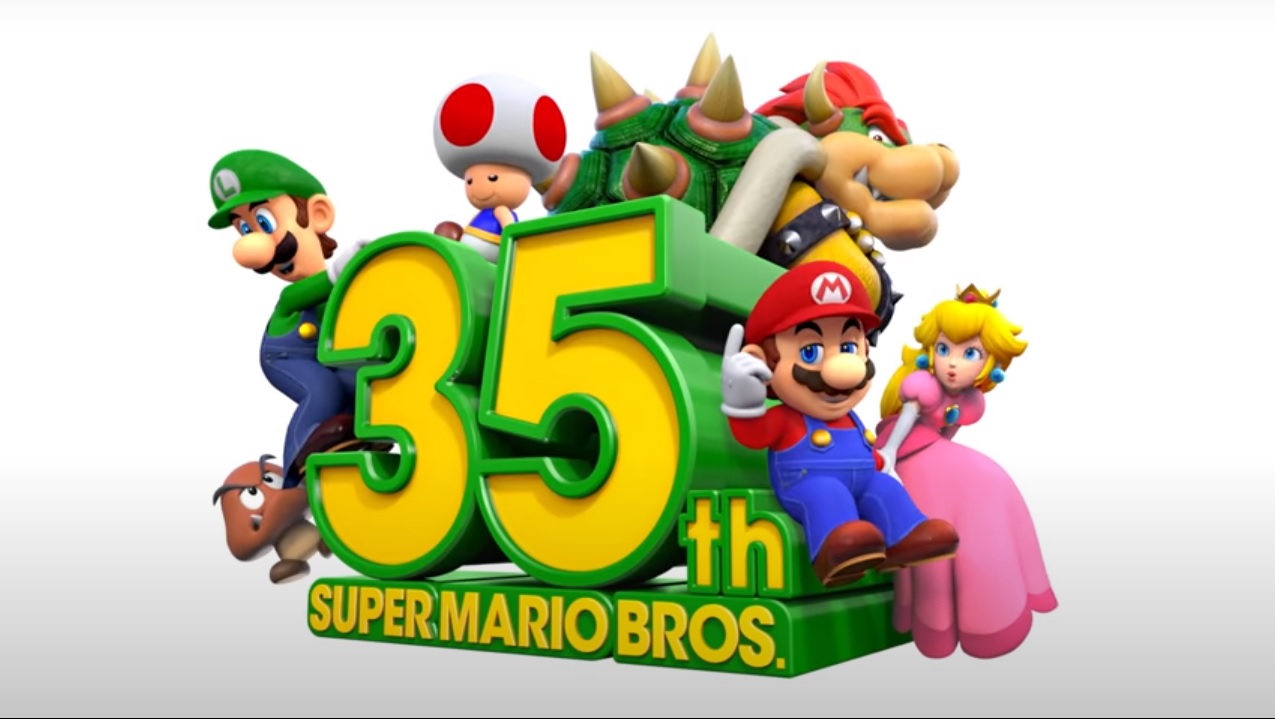

Video games are seldom treated in literature as a site of emotion, but in Zevin’s work they are the very landscape that the full spectrum of relationships, grief, and love play out in. In some ways, this is a thesis statement for Tomorrow, and Tomorrow, and Tomorrow itself: the novel opening its heart, and showing you what it is truly about. The troubled but passionate Samson Mazur tells the interviewer, “There is no more intimate act than play, even sex.” This is an explosive statement, but a perfect one in the context of a novel that treasures the act of play and holds it sacred. E arly on in Gabrielle Zevin’s Tomorrow, and Tomorrow, and Tomorrow, one of the trio of lead characters gives a fictional interview to a very real video games publication.


 0 kommentar(er)
0 kommentar(er)
